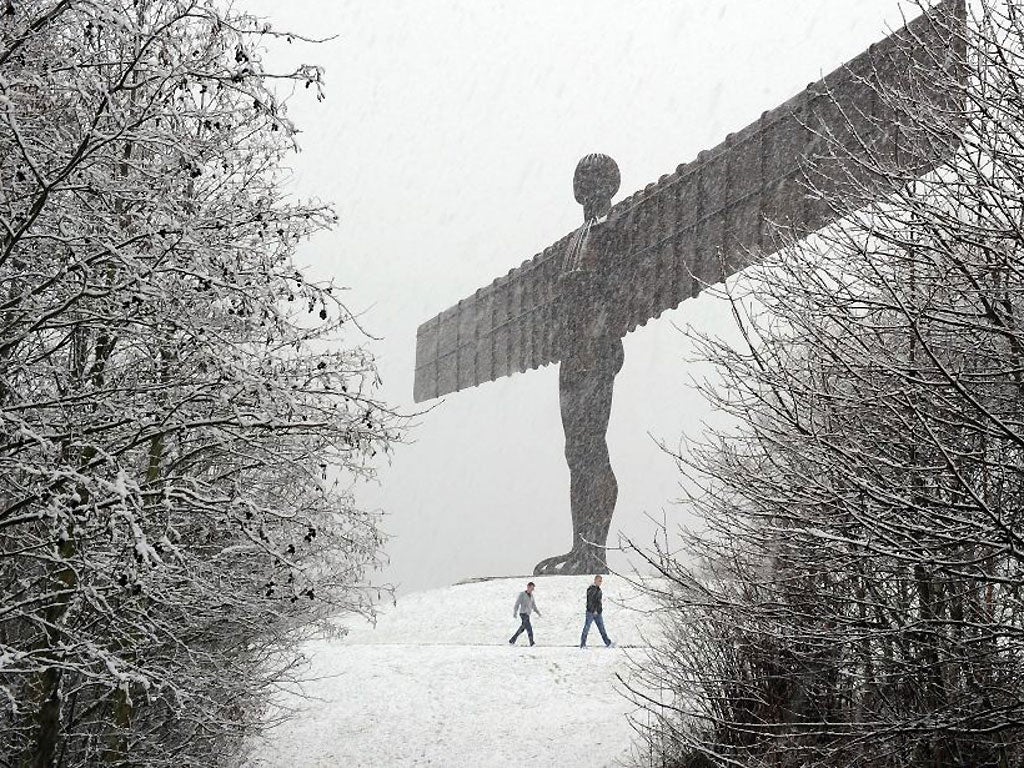Study forecasts global increase in freak weather

Heatwaves and flooding are more likely in coming decades because of climate change, according to a new report which found that global warming probably caused freak weather around the world last year.
The burst of heat in the UK in November and Texas’s driest summer for 100 years were more likely to have happened because of climate change, according to the study.
However other freak weather events such as floods in Thailand were unlikely to have been caused by an increase in man-made greenhouse gases, the scientists explained in the Bulletin of the American Metereological Society.
They calculated that the chances of the exceptionally cold December experienced in the UK in 2011 had halved; but it still happened – as a result of natural variations in the weather.
The research into “climate attribution”, which included a contribution from the UK Met Office’s Peter Stott, looked at six key weather events shortly after they happened.
Dr Stott, head of climate monitoring and attribution, said: “While we didn’t find that climate change has affected the odds of all the extreme weather events we looked at, we did see that some events were significantly more likely. Overall, we’re seeing that human influence is having a marked impact on some types of extreme weather.”
He said the extremely warm November was 60 times more likely to have occurred as a result of climate change than in the 1960s.
Join our commenting forum
Join thought-provoking conversations, follow other Independent readers and see their replies
Comments